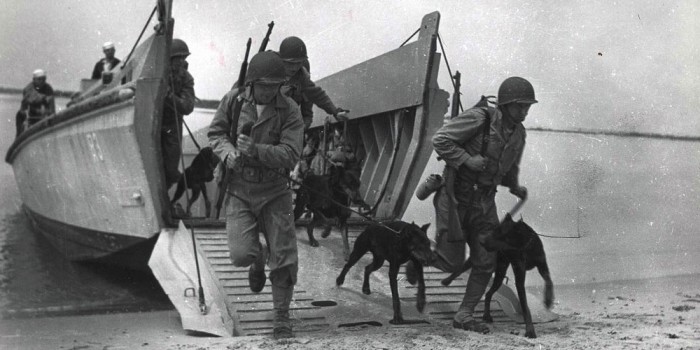Learning from Bus Buddhists
In psychological terms, context is almost everything. Much as we like to think that we know how we will act and react in a given situation, without the richness of...
War! What is it Good For? Not Memorable Advertising

A vast amount of money spent on advertising and lots of energy (and quite a lot of spending) goes into media planning. And yet, as is so often the case, the focus is all to often on the conscious mind.
Planners look at things like viewing figures, demographics, and attitudinal profiles.
What they don’t usually consider is what will be going on around the advertisement.
That’s a bit like convincing yourself someone will want an ice cold drink, without bothering to appreciate that they may have just the day in sub-zero temperatures.
With everything we understand about the influence of the environment and how powerful unconscious priming can be, this must be a mistake.
Granted, it’s often very difficult to know what will take place in a television programme in advance, broadcasters don’t like to reveal their story lines. However, those same television companies earn their revenue (mostly) from advertising, so if the advertisers demanded more knowledge of programme content it would be hard for them to resist.
So is there any evidence that what people see before and after a television advertisement influences how they process it?
The answer, you won’t be surprised to hear, is yes.
A new study invited participants to watch a television programme showing war footage in Iraq. In the midst of which they were shown two thirty second commercials.
Two types of footage were used: one featured very intense scenes with images of bodies, amputees and more emotive language, the other was less dramatic.
Whilst the study only considered conscious ad recall – which is a standard measure of advertising impact but almost certainly not a very reliable one – the nature of the results is very interesting.
Where people supported the war and had watched footage that wasn’t intense they tended to recall the adverts. The footage was giving them nothing to set their neural paths buzzing – it simply depicted a war they had already considered and were aware of, in a manner that didn’t require they reappraise any of those thoughts.
However, when the footage was intense, or when people objected to the war, they were less likely to recall the advertising. When people’s thoughts were primed by the footage to feel revulsion, or fear, or empathy, or anger, it seems their minds were too preoccupied with these emotions to process the advertising.
Normally I pride myself on providing unequivocal direction for brand owners, however in this case the conclusions are less clear.
We know that the unconscious mind processes vast amounts of brand information outside conscious awareness. Indeed, I would argue that the information processed at this level is most significant in shaping our behaviour. So the fact that people are distracted and don’t consciously recall the adverts doesn’t mean they aren’t being influenced by them.
Clearly if your ad is a call to action – “dial this number now!” – then you would be well advised to steer clear of highly emotive programme content. But if you’re shaping brand perceptions it might be advantageous to have your advertisement aired in such a context.
[Of course, if your marketing performance is being judged by a tracker that gauges conscious awareness, you might want to put your career first anyway and place your ads where they are most likely to be recalled!]What I can be unequivocal about is that advertisers who want to be successful need three elements in place:
We’ll leave to one side the daunting prospect that the culmination of this logic is that, if some content works better for advertisers, television content would be determined by an equation that factored in not just what would draw a large audience, but also what would get that audience into the most receptive frame of mind for advertisers!
Source: Oregon State University (2010, March 4). Intense war news reduces ability to remember ads. ScienceDaily. Retrieved March 10, 2010, from http://www.sciencedaily.com /releases/2010/03/100304121548.htm
Image courtesy: USMC Archives